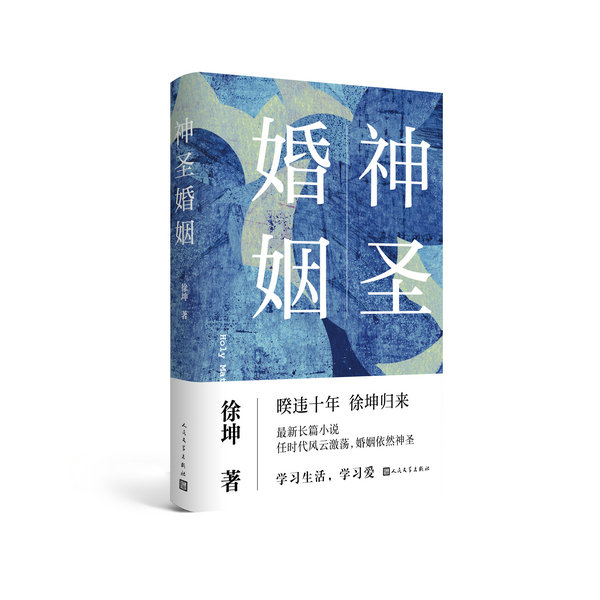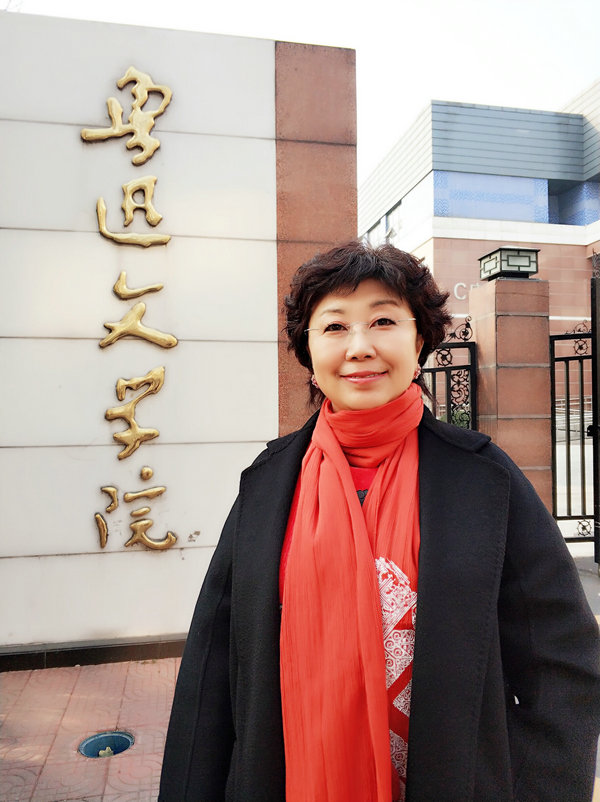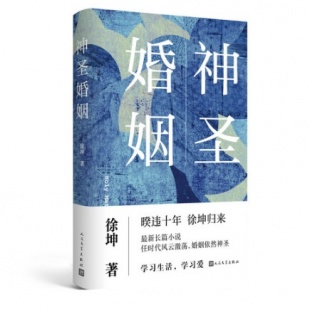New novel explores challenges faced by urban elites in the new era


A new novel Shensheng Hunyin (The Sacred Marriage) by Xu Kun has been recently published by People's Literature Publishing House.
Xu, with a broad vision and in a sharp writing style, directly addresses the dramatic and complicated changes that young people who return from overseas, outsiders coming to work in Beijing, intellectuals, and cadres who are sent on a temporary task are facing in a new era of the development of Chinese society.
Vivid personal experiences, powerful characterization, and heart-wrenching pain not only display Xu's unique writing style of playfulness and irony, but also imparts the story with profound feelings.
"From narration to structure, from characterization to plotting, The Sacred Marriage shows the internal rhythm of the new era we are now existing in," said Li Yan, general manager of China Publishing Group, at the book launch ceremony in Beijing.
"It displays the aesthetic characteristics of fiction in the new era, while exploring serious topics, using China's traditional cultural value to examine the experiences and changes of urban elites, intellectuals and overseas returnees," he said.
Yang Qingxiang, literary critic, said the novel was narrated at an increasing pace, accurately reflecting the developing pace of the society.
"Since the end of the 1980s, people have obviously felt that time has been accelerating due to the quickening development of science and technology, material culture and people's living style," he said, adding that "Xu has keenly captured this change and represented it in the novel's structure and narration".

Xu said the story had existed in her heart for many years, but she did not start writing it until 2016, when she was inspired by Liang Hong's collection of stories and novellas The Sacred Family. She completed the multi-styled novel in 2022, including lyrics from songs and the "two-people shows" popular in Northeast China, and quotes from classic works by Lu Xun and Wang Meng, formal letters, among others.
Zhang Li, professor of Chinese literature from Beijing Normal University, said the female characters in the novel are very charming, displaying the unique temperament of women in our times.
"They are not weak, nor does the writer call for special privileges for women. What she tried to explore in the novel is that if marriage is sacred, the husband and wife should be equal," she said.





































